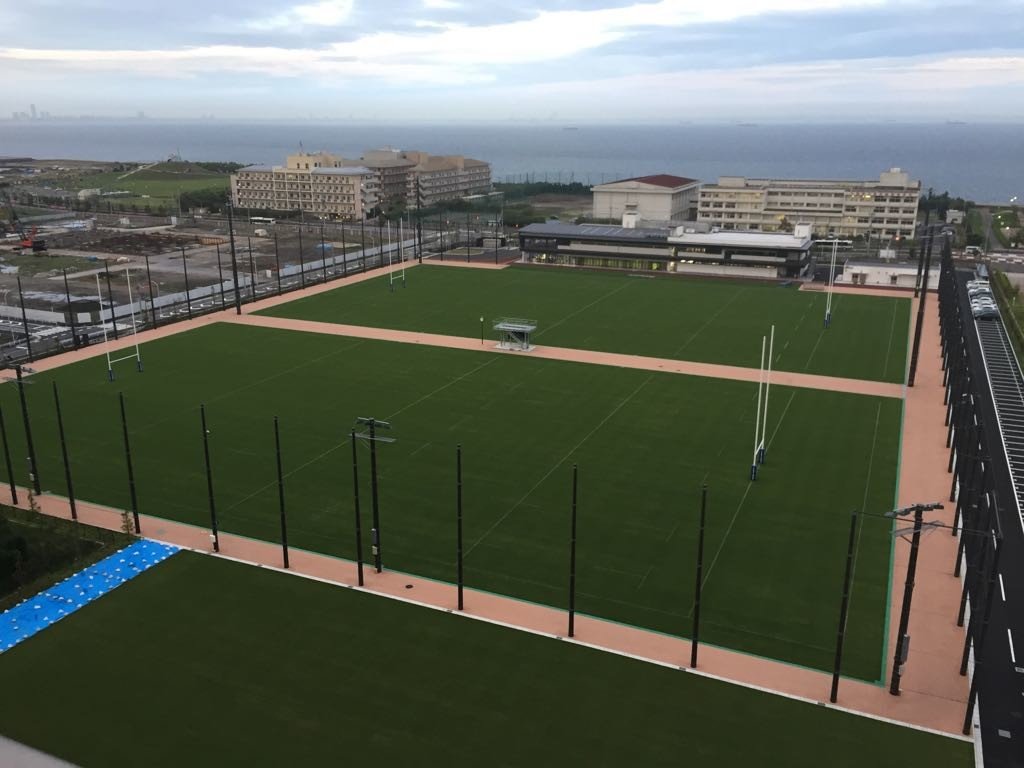The John McFarland Column: Springbok character puts England’s to shame 0
Winning the series against England and twice showing their ability to bounce back after a really poor outing against Wales is a great credit to the Springbok management team and the senior players.
What was really impressive was the way they did it – not just while fulfilling their transformation goals, which the whole country should celebrate – but also the way they played: they wanted to outscore the opposition, they showed freedom on attack and they wanted to try things.
The way they came back from big deficits showed real guts and character, they showed the ability to accept adversity, not to shy away from it, to grasp the nettle and come back. When teams continually bounce back from those sort of scorelines – 3-24 at Ellis Park and 0-12 in Bloemfontein – then you know something special is brewing.
In contrast, it has been disappointing to see England unravel both on and off the field.
It was not good to see an international coach or Mike Brown interacting with fans. Verbals come with the territory; international rugby produces extreme emotion, not just among the fans but in the players as well because the stakes are high and the pressures are huge.
When England were winning 18 games in a row everything was working well. Now they have lost six in a row and they are under pressure, so we want to see their character emerge in hard times. We want to see fight, but not off the ball, not players pushing and shoving and swearing. We want to see hard hits in the collisions and when clearing out the rucks.
In the first 20 minutes of both Tests, England have played with positive intent but have then just died a death. And you can’t win Test matches if you give away so many penalties; you have no chance if you concede so many set-piece penalties. Those kill you at any level because they give away field-position and push your forwards into a really negative mindset.
One has to credit the Springboks for not showing the same emotions when under pressure. They have stuck their chests out and decided to do something about it, for which one must give credit to the leadership group. What happens on the field is not always about the coaches, they often can’t have an influence sitting a hundred metres away in the stands. Then it’s about your senior players and one has to give credit to Handre Pollard, Duane Vermeulen and Siya Kolisi. They have set the standard in terms of discipline, they have really come through and managed to get the younger guys to follow them and play better.
You have to ask why England’s senior players have not been able to do the same? Their coach bickering with the crowd is a real problem and they are obviously a group in freefall judging by the behaviour of the senior players.
So this weekend in Cape Town could be a defining moment for the England team, they have got to arrest their slide. But hopefully the Springboks will show sufficient intensity, will and attitude to put them away. If they can win the series 3-0 that would be a huge statement. This same England team won so many games in a row, they are a massive scalp, but maybe the Boks have put the final nail in their coffin.
It’s been a fascinating series and at a different level to the Tests between New Zealand and France, and Australia versus Ireland, in terms of intensity and the quality of the rugby, plus sheer excitement and the fever sweeping the country. There is definitely a renaissance brewing, the resurrection of Springbok rugby.
There are obviously things the Springboks still need to correct though, like their backline defence and the way they’ve been exposed any time the ball has been moved wide, but they have been scoring tries.
The way Vermeulen has come back after a huge season in France, playing 80 minutes of every Toulon game, and then producing this sort of form in June shows his commitment to Springbok rugby.
The Springboks are definitely a different animal in South Africa as compared to away from home, just as our SuperRugby teams are. Their real challenge is to play as they do in South Africa when they are away from home.
It must have been a really difficult week for Eddie Jones and it’s tough to play the Springboks three weeks in a row in Africa, he must be in a flat spin at the moment. His teams always seem to have the tendency when they lose to go into a deep run of defeats – examples of that are when he coached Australia to seven successive losses in 2005 and the Queensland Reds to nine defeats in a row in 2007. This week is a real test of his character and ability to turn things around.
It is with some sadness that I hear this could be the last Test at Newlands, which is a really special venue. Just the history of the place is amazing and the drive in from the brewery was always quite interesting as a coach of the Bulls! It was certainly far more enjoyable as part of the Springbok coaching team.
I hope the players can feed off the energy of the fans on Saturday and South Africa get the 3-0 whitewash.
John McFarland, the assistant coach of the Kubota Spears in Japan, was the Springbok defence coach from 2012 through to the 2015 World Cup, where they conceded the least line-breaks in the tournament and an average of just one try per game. Before that, McFarland won three SuperRugby titles (2007, 09, 10) with the Bulls and five Currie Cup crowns with the Blue Bulls. In all, he won 28 trophies during his 12 years at Loftus Versfeld.
